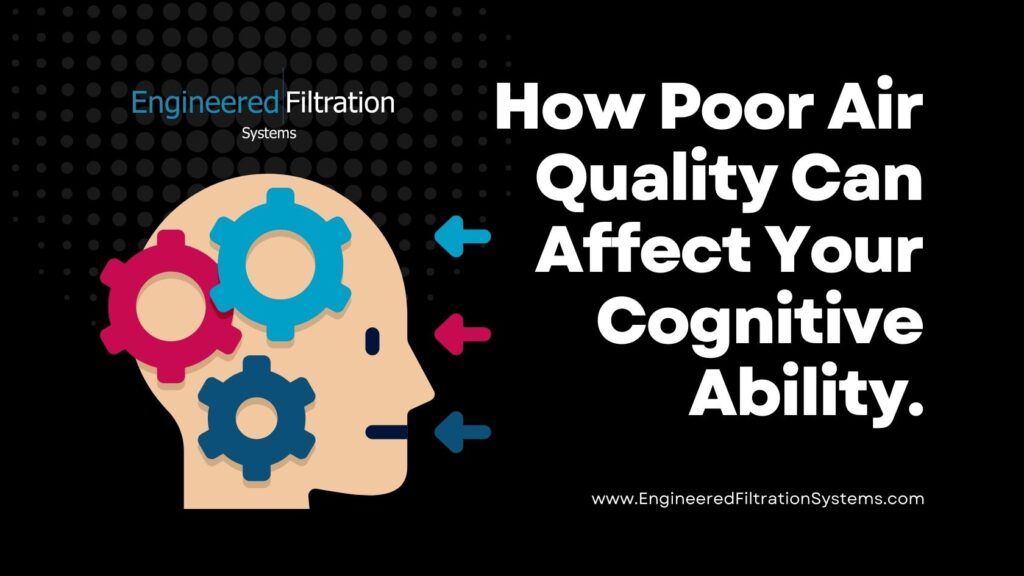How Poor Air Quality Can Affect Your Cognitive Ability
Introduction
Air quality is an important factor in our overall health. Poor air quality can cause a variety of health problems, including asthma, heart disease and cancer. These are well known facts about poor air quality. However, the effects of poor air quality on cognitive ability are less well known. The effects it has on your brain is still significant. In fact, research has shown that exposure to particulate matter (PM) can reduce cognitive performance!
What Is Poor Air Quality?
Poor air quality refers to the presence of pollutants in the air that can adversely affect human health. Poor air quality is caused by many different sources, including vehicle emissions, industrial and agricultural processes, power plants and wildfires. Common pollutants include:
- Particulate matter (PM)
- Nitrogen dioxide (NO2)
- Ozone (O3)
The Impact Of Poor Air Quality On Cognitive Ability
Poor air quality can have a negative affect on your cognitive ability. In fact, the impact of poor air quality on cognitive ability has been linked to:
- Concentration
- Memory
- Decision-making abilities
This can lead to a decline in your workflow, in your business, in your studies, etc. It can cause inefficiencies in your company do to the impact poor air quality can have on the mental health of your employees. It’s important to have clean air in your workplace for your employees to feel healthy and alert.
The Benefits Of Clean Air
The benefits of clean air are numerous. They include:
- Improved cognitive function
- Better overall health
- Reduced stress levels
These are just a few benefits of having clean air in your building. It’s also important to have proper filtration to reduce the spread of harmful pollutants that can trigger asthma or other illnesses, as well as, reducing the risk of spreading other airborne diseases.
How To Improve Air Quality
If you want to improve the air quality in your home, office, building, or any other indoor environment, there are a few things that you can do. First of all, it’s important to use air filters and purifiers that reduce pollutants from entering or circulating your building. This will help keep the dust levels down and make sure that any dust particles are removed from the air before they can cause damage.
Secondly, upgrading your current air filters to a higher MERV rating, such as HEPA air filters if your system allows it, is a great way to improve the indoor air quality. Air filters with a higher efficiency can filter out smaller particles circulating in the air.
And finally, improving ventilation systems throughout each room may also be helpful depending on what kind of ventilation system is currently installed within them (e.g., opening windows during summer months or when pollution outdoors is better than indoors).
Conclusion
It’s pretty common to know that poor air quality can affect your health. But, not only does poor air quality affect your respiratory system, it can affect your cognitive abilities. Having cleaner air can improve your health overall, as well as your mental mood. If you have any questions on what you can do to improve your indoor air quality in terms of commercial and industrial air filtration products and services, please don’t hesitate to contact us.
How Poor Air Quality Can Affect Your Cognitive Ability Read More »

